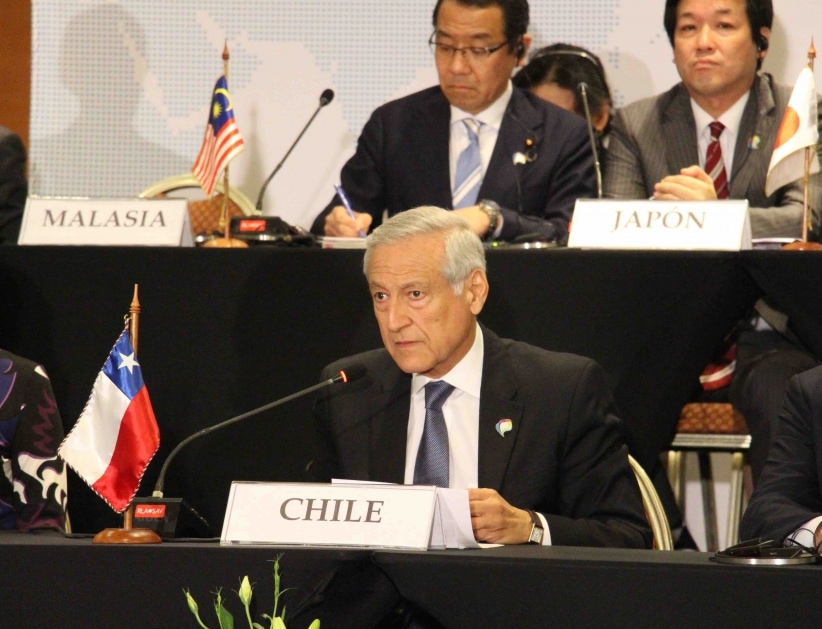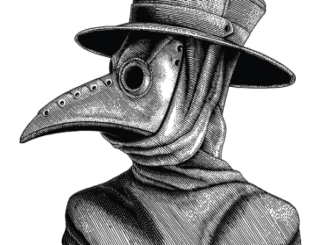
By Mohsin Abbas / The Santiago Times Staff
VIÑA DEL MAR, Chile – Ministers for foreign affairs and trade of the Pacific Alliance have reaffirmed their commitment to free trade and regional integration while taking part in a high level dialogue in Chile.
Ministers and senior representatives from Australia, Brunei Darussalam, Canada, China, Japan, South Korea, the United States, Malaysia, New Zealand, Singapore and Vietnam joined the ministers of Chile, Colombia, Mexico and Peru in coastal city of Viña Del Mar on Wednesday.
They expressed their satisfaction at the “High Level Dialogue on Integration Initiatives in Asia Pacific: Challenges and Opportunities”, which brought together representatives of 15 Pacific Basin with the objective of exchanging visions on the future of international trade and identifying areas of work between the Pacific Alliance and the other participating countries.
The dialogue provided a platform to Pacific Alliance countries (Chile, Colombia, Mexico and Peru) and Trans-Pacific Partnership (TPP) Agreement countries, in addition to China and South Korea.
The ministers, through the dialogue, also reaffirmed their commitment to promote policies in favor of trade liberalization, integration of markets, support and strengthening of the multilateral trading system.
‘Seeking the way forward’
The 12 TPP members met on March 14 and 15 in Chile for the first time since President Donald Trump withdrew the United States from the agreement in January, effectively killing the accord and making space for China.
But the proposed Regional Comprehensive Economic Partnership (RCEP), promoted by China, contains far less than the TPP in terms of provisions for protecting workers and the environment.
“The [Pacific] Alliance has to explore all possibilities of increasing trade,” said Chile’s Minister for Foreign Affairs, Heraldo Muñoz.
He added, “We have agreed to meet with Mercosur countries at a ministerial summit that will tentatively take place on April 7 in Buenos Aires.”
The purpose of Mercosur, having five full member countries (Argentina, Brazil, Paraguay, Uruguay, Venezuela), and two associate members (Bolivia, Chile), is to promote free trade and the fluid movement of goods, people, and currency.
“Around the table, the word ‘progressive’ appears more and more… it is becoming part of what people would consider as a base in order to progress,” Canada’s trade minister Francois-Philippe Champagne said while talking to Reuters on the sidelines of TPP summit.
He added, “Consensus was growing that trade deals need to consider issues like the environment and labor rights.”

Also the Latin America’s Pacific Alliance may be a viable alternative of TPP. The four nations of the Pacific Alliance, one of Latin America’s major trade blocs, recently agreed on next steps in areas such as the flow of investment capital across borders.
“We want to create a passport for (investment) funds so that when they are registered with any one of our respective authorities, they can market and distribute in the four countries,” Colombian Finance Minister Mauricio Cardenas said during a regional conference in Chile last week. “This already exists in the European Union … and we want to make it a reality here,” he added.
The Pacific Alliance is an initiative of regional integration that includes Chile, Colombia, Mexico and Peru as full members. It accounts for 42% of South American GDP on a purchasing power parity basis. The alliance was founded in 2011 and includes Australia as an observer country, along with 48 other countries.



